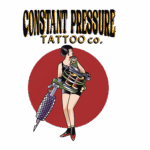Tattoos have become a deeply personal form of self-expression, with people across all walks of life choosing to mark meaningful symbols, stories, or milestones on their skin. With this rise in popularity comes a greater responsibility for proper aftercare. One common question that often arises after a tattoo appointment is: Can you drink after getting a tattoo? Whether it’s a celebratory drink or just part of your usual routine, understanding how alcohol impacts the healing process is essential to preserving your new ink.
This article explores the effects of drinking alcohol before and after getting a tattoo, what medical experts and artists recommend, and how you can best support your body during the healing process.
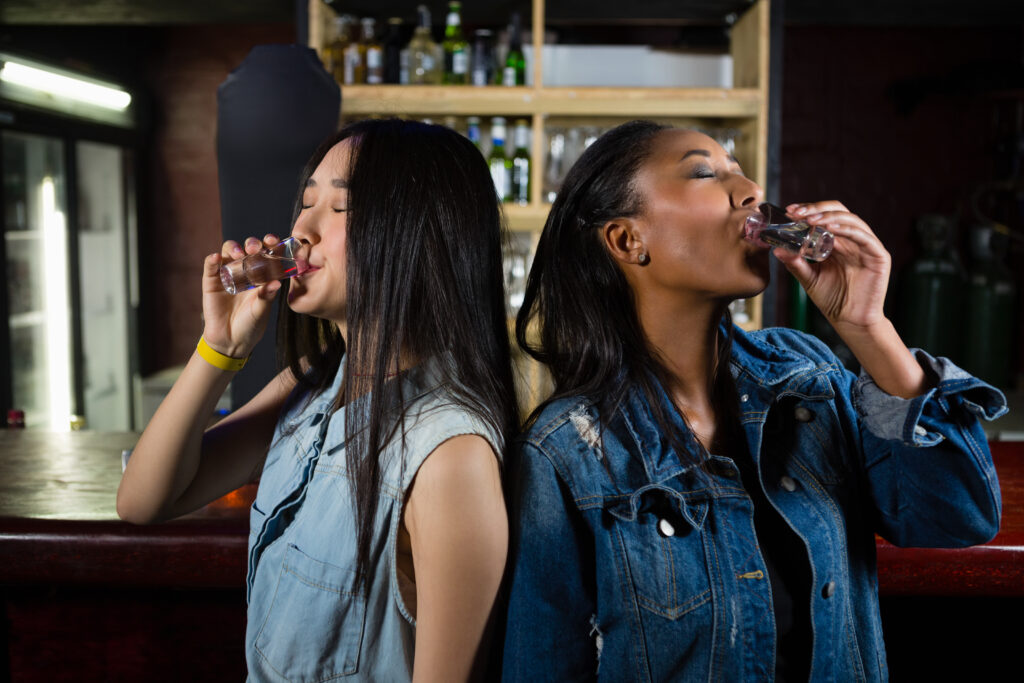
The Impact of Alcohol on the Body and Skin
To understand why alcohol and tattoos don’t always mix, it helps to consider how alcohol affects the body—particularly the skin and blood.
Alcohol is a vasodilator, meaning it expands your blood vessels and increases blood flow. This can thin your blood and make it harder for your body to clot effectively. In the context of a tattoo, this heightened circulation can lead to excessive bleeding both during and after the session. Excess bleeding can not only make it harder for the tattoo artist to see their lines clearly but may also dilute the ink, resulting in patchier, less precise results.
Even after the tattoo is completed, alcohol continues to affect the body’s ability to heal. It can suppress immune function, dehydrate the skin, and delay wound closure, all of which can increase the risk of infection and compromise the final appearance of your tattoo.
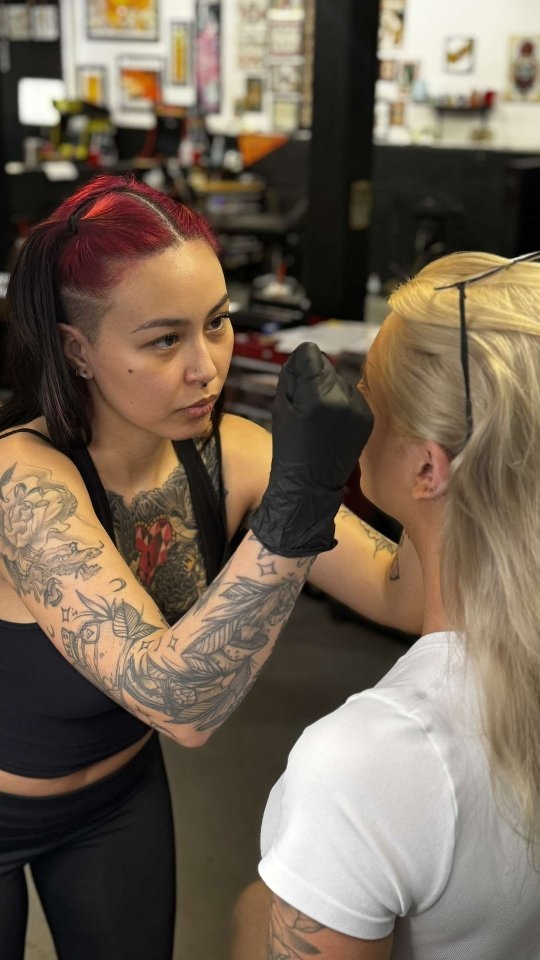
Drinking Before Your Tattoo Appointment
Most reputable tattoo studios—like ours at Constant Pressure Tattoo Co. in Melbourne, Florida—strongly advise against drinking any alcohol for at least 24 hours before your session.
There are several reasons for this:
- Excessive Bleeding: Alcohol thins the blood, which leads to more bleeding during the tattoo process. This can obscure the stencil, blur the lines, and dilute the pigment.
- Increased Pain Sensitivity: While some might think alcohol will numb the pain, it can actually heighten your sensitivity to it once the effects wear off.
- Legal and Liability Issues: Many states prohibit tattooing intoxicated individuals, and most professional shops will refuse to tattoo someone who appears under the influence.
- Impaired Decision-Making: Tattoos are permanent. Being intoxicated may impair your judgment about placement, size, or design, leading to regret later.
For your safety and for the integrity of the art, showing up sober is essential.
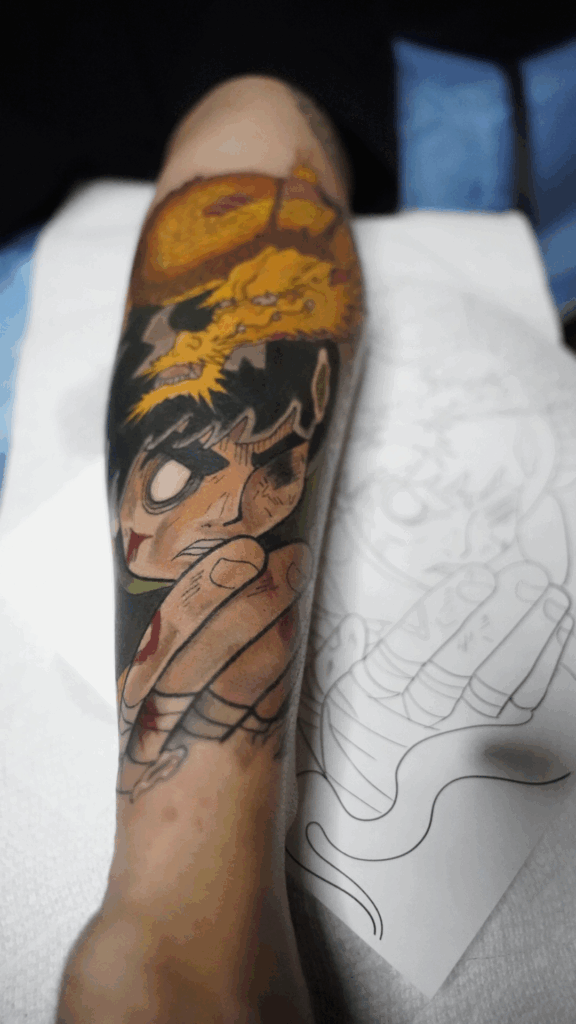
Drinking After Your Tattoo: Why Timing Matters
While it’s well understood that drinking beforehand is a poor choice, what about after the tattoo has been applied?
Most artists and healthcare professionals recommend avoiding alcohol for at least 24 to 48 hours after your tattoo. In some cases, it’s better to wait longer depending on the size and location of your tattoo, your skin type, and your body’s healing speed.
Here are the key reasons:
- Delayed Healing: Alcohol disrupts the body’s natural healing response. It can prolong inflammation, reduce white blood cell function, and dry out the skin—all critical factors when your skin is trying to heal.
- Increased Risk of Infection: Alcohol suppresses the immune system, making it harder for your body to fend off bacteria.
- Dehydration: Good hydration is essential for skin regeneration. Alcohol depletes fluids, slowing the rebuilding of skin tissue.
- Poor Sleep and Recovery: Alcohol can interfere with sleep cycles, and quality sleep is one of the most important aspects of efficient healing.
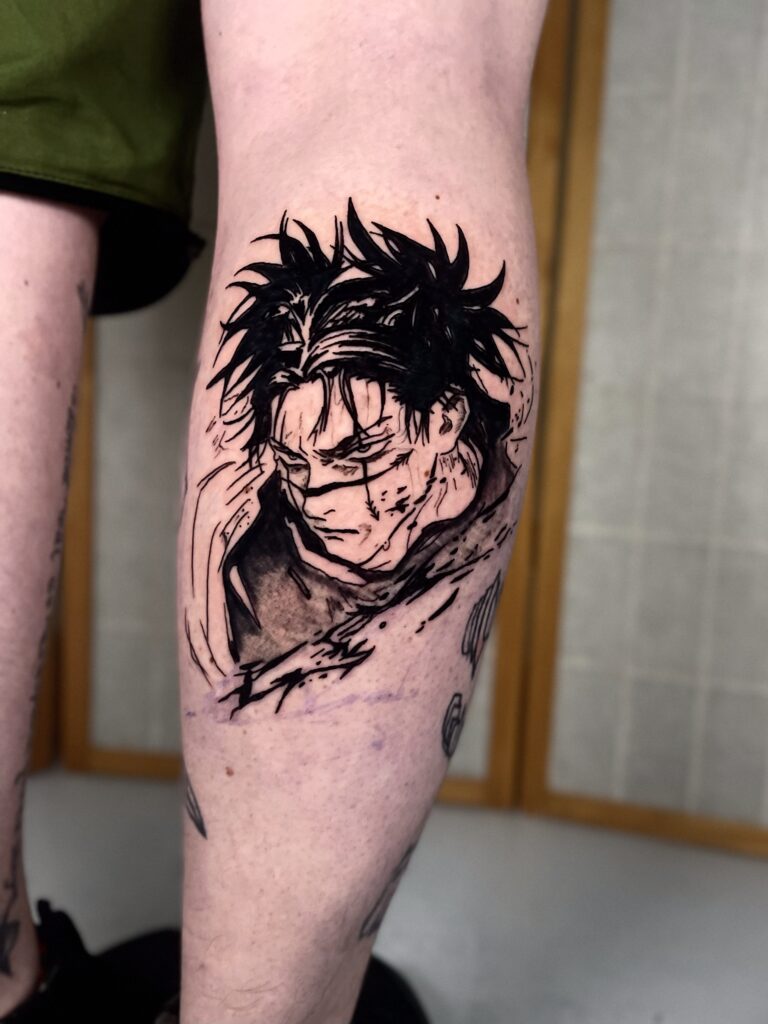
Consider the Type and Size of the Tattoo
Larger tattoos that span several hours or cover more sensitive areas create more trauma to the skin and take longer to heal. In these cases, alcohol can have an even more significant impact.
Smaller tattoos might heal faster, but even minor disruption in the early stages can lead to scabbing, patchiness, or minor infections if proper care isn’t taken.
Alcohol and Medication Interactions
Many people take over-the-counter pain relief like acetaminophen or ibuprofen after a tattoo. Mixing these with alcohol can cause adverse reactions, particularly in the liver or stomach lining. This is another reason to wait until you’re fully past the acute healing phase before having a drink.

Best Practices for Supporting Tattoo Healing
If you’ve just received a new tattoo and want to prioritize healing, here are a few health-focused tips to follow instead of reaching for a drink:
- Stay Hydrated: Drink plenty of water to help flush toxins and keep your skin supple.
- Eat Nutritiously: A balanced diet rich in vitamins A, C, and E supports immune function and skin regeneration.
- Use Tattoo-Specific Aftercare: Gentle cleansers and hydrating balms (like those formulated without alcohol, fragrance, or petroleum) are ideal.
- Avoid Overexertion: Especially in the first few days, let your body rest. Overworking your immune system can slow healing.
- Protect the Tattoo: Keep the area clean, dry, and shielded from the sun or contamination.
What If You Already Drank After a Tattoo?
If you’ve had a few drinks after getting your tattoo and are concerned, don’t panic. While it’s not ideal, the body is resilient. Focus on hydration, keep a close eye on your tattoo for any signs of irritation or infection (like redness, swelling, or oozing), and avoid repeating the behavior during the healing period.
If your tattoo becomes painful, hot to the touch, or develops pus, contact a medical professional immediately.
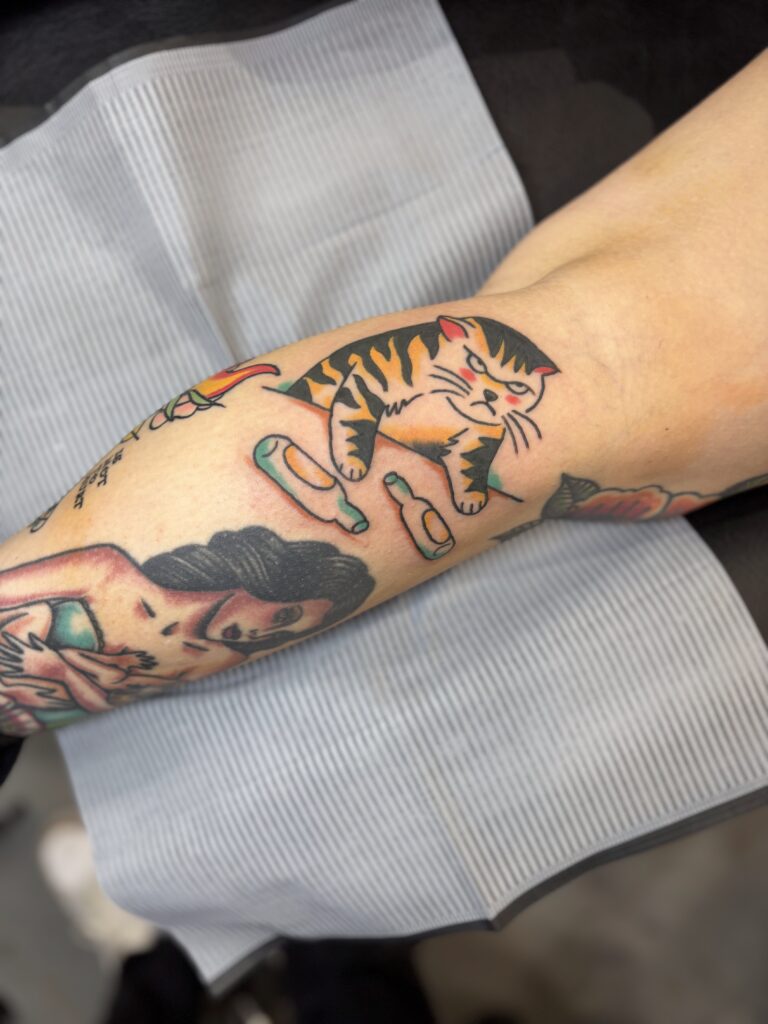
Myths and Misconceptions
There are some circulating myths in tattoo culture that need clearing up:
- “Alcohol disinfects, so it helps the tattoo heal”: False. Drinking alcohol does not sterilize your bloodstream or skin. In fact, it weakens your defenses against infection.
- “A drink will help with the pain”: False. Any numbing effect is minimal and fleeting. In the long run, alcohol can increase inflammation and make the area more sensitive.
- “It’s just a small tattoo, drinking won’t affect it”: False. While smaller tattoos are less traumatic, the healing process is still biologically similar.
Summary: Should You Drink After a Tattoo?
For best results, you should avoid alcohol for at least 48 hours after getting tattooed. If you have a larger or more complex piece, extending that alcohol-free window to several days will give your skin a better chance to heal properly.
Proper healing isn’t just about appearance—it’s about preserving the integrity of the art, minimizing discomfort, and avoiding preventable complications. Tattoos are a lifelong investment, and a few days of restraint can make a big difference in how your body responds.
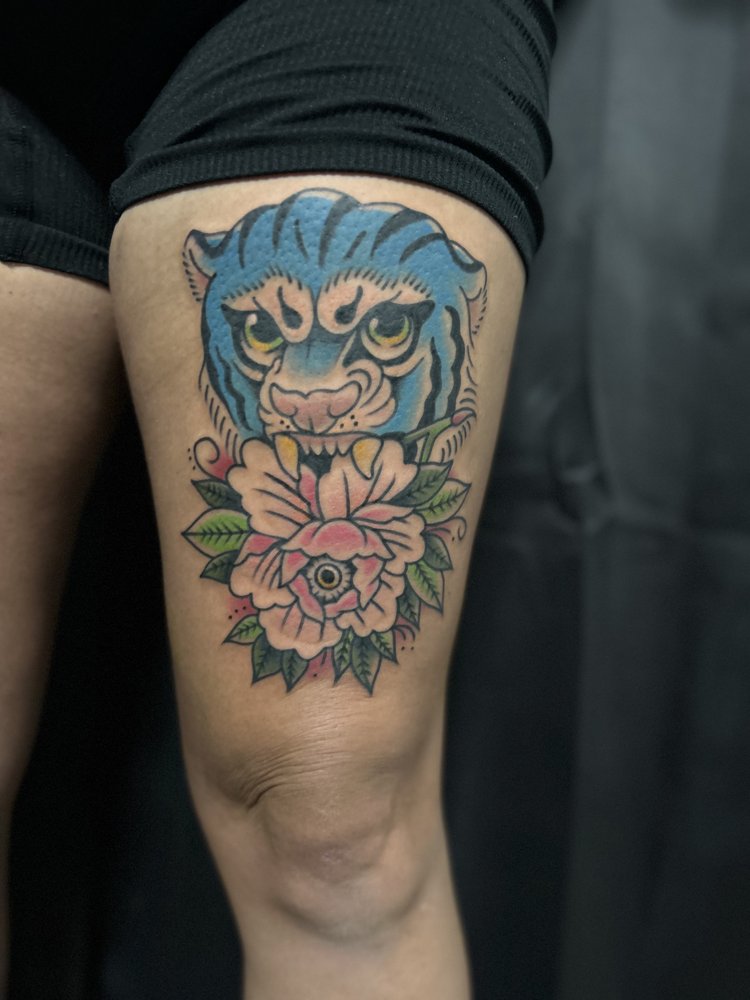
Final Thoughts
Tattoos are more than ink—they’re a dialogue between art and biology. While a drink might feel like a natural way to celebrate a new piece, holding off gives your body the best chance to do its job. Whether it’s your first tattoo or your fifteenth, aftercare is non-negotiable.
Understanding how alcohol interacts with the healing process helps you make smarter decisions and protect the integrity of your tattoo.
If you’re unsure about how to care for your new tattoo—or you’re dealing with a healing concern—reach out to your artist. At Constant Pressure Tattoo Co., we’re always available to offer advice, walk you through aftercare, and help ensure your new work heals exactly how it should.
